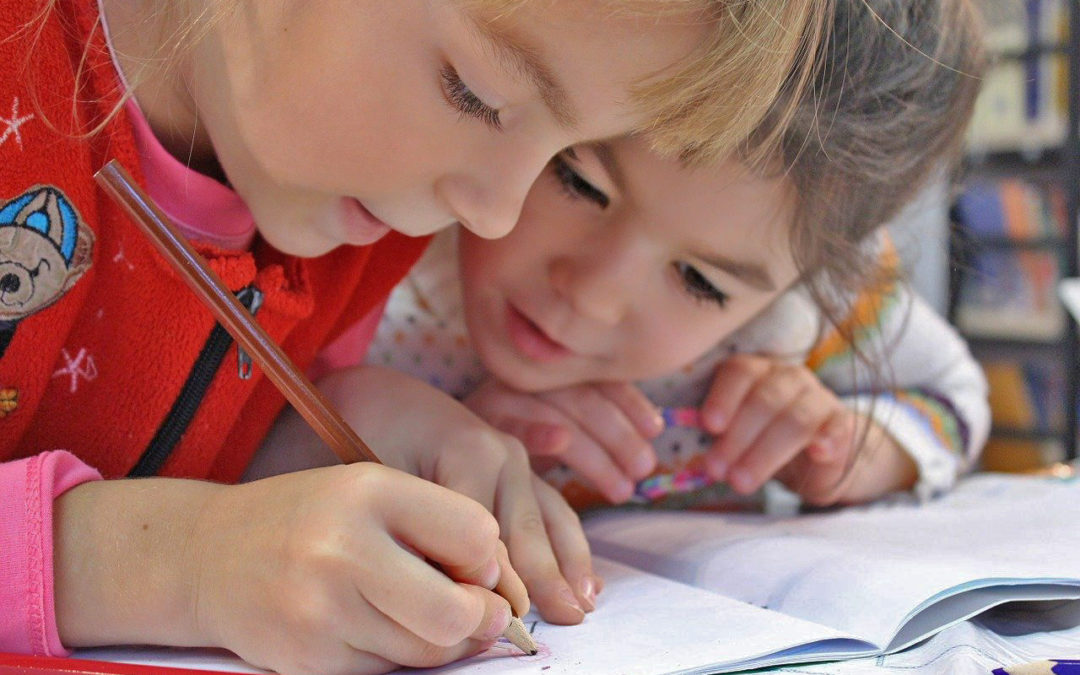The ideas in this guide offer practical guidance to developing habits that, once embedded, will enable students to respond proactively and positively to any challenge they might face during distance learning. By creating learners who are in control of their own education, we also create young adults who will continue to be independent thinkers in their lives beyond the classroom.
Being able to think and act independently remains one of the most important skills that a student can learn. We live in a culture that is rooted in individualism – where independence is central to our ethical and social world view. Failure to prepare students for the demands of a world where teachers will not be available to provide all the answers is to do them a great disservice.
While spoon-feeding styles of teaching can sometimes offer the most direct route to ensuring that all students are making demonstrable progress, it is possible to teach in a way that allows room for independence without sacrificing those all-important results. But to create a more independent learning environment we must first start by adjusting the mindsets of everyone in the classroom − students and teachers alike.
One of the major obstacles preventing students from becoming more independent is a fear of failure. To encourage a more independent approach, we must help students to see failure as an opportunity to learn, rather than something to be avoided at all costs.
Download Now

